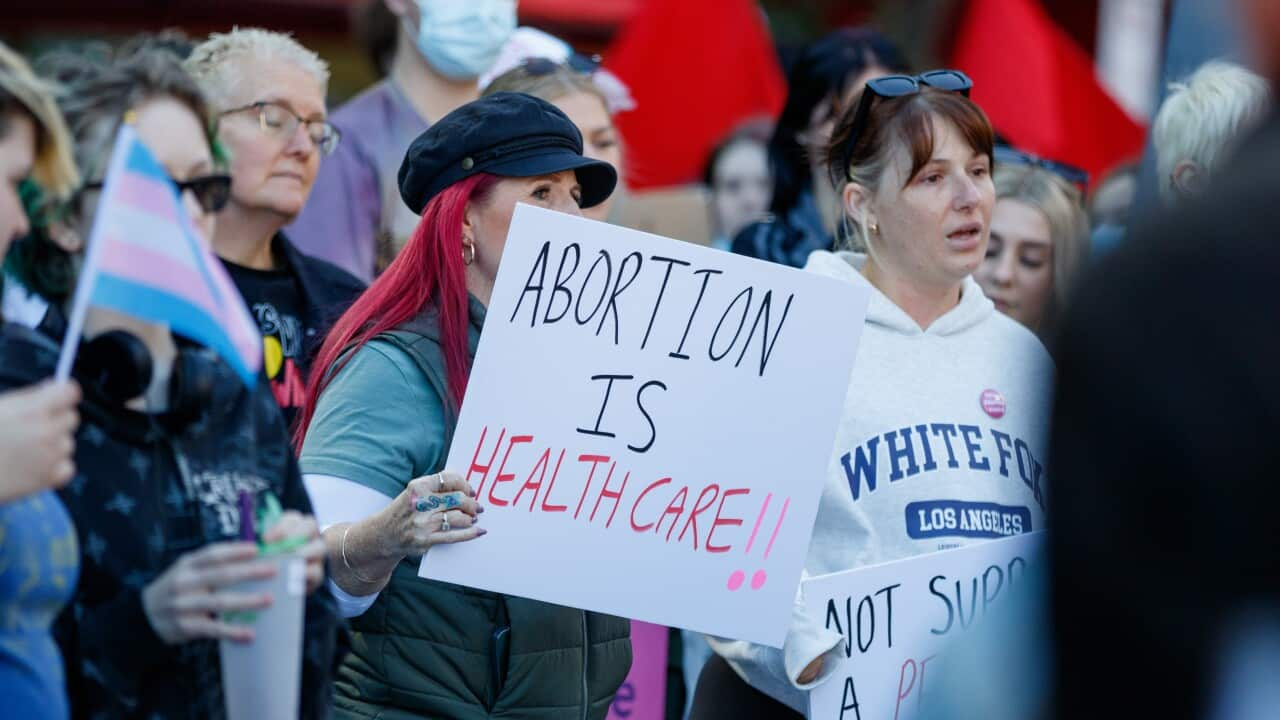As Donald Trump prepares to take office again the realisation has dawned on Canberra that economic issues were at the heart of the US' vote of confidence in the Republican.
Among American voters, gender, race, socioeconomic background and political leanings appear to have paled in comparison to a widespread desire to punish governments that don't promise an adequate response to those struggling to make ends meet.
As a result, expect Australia's political parties to sharpen their cost of living messaging as they work to secure critical swing voters ahead of the next federal election.
Firstly, Australia isn't America
Any comparison between the US election and what will unfold in Australia necessarily involves a string of caveats.
For one, we have compulsory voting, so political messaging isn't tailored to motivate turnout.
As a result, rhetoric is more muted and less likely to push debate and policy proposals to the political extremes.
Theoretically, the compulsory system also makes polling more accurate because there's no need to estimate turnout.
LISTEN TO

Trump is returning to the White House: experts weigh in on why, how and what it could mean
SBS News
09:18
The way votes are cast and preferences flow in Australia also stands in marked contrast to the US system.
And while Australian politicians will be taking notes from Trump's winning strategy, it's worth pointing out that a September poll conducted by the Lowy Institute showed more than as US president.
Economic issues to take centre stage
The economy was already central to Australia's major party campaigns but now most other issues are likely to be diminished.
When political strategists talk about their campaign plan months out from a formal election process, the major caveat is that they're only revealing what they want to make public — even if they won't put their name to it.
Labor insiders say they will resist the temptation to focus on culture and the character of Opposition leader Peter Dutton, pointing to the lack of success the Democrats had in doing that with Donald Trump.
Instead, Labor will seek to focus attention on the dollar signs.
The government will highlight its , the significant reduction in inflation, the relief paid out to help with energy bills and the cost of medicine, its lifting of the pay packets of low-wage earners and , which was an election promise.
Expect the to feature, too, and the impact on the millions who will benefit from the
Dutton will be painted as siding with big business against the interests of workers.
On the flip side, the Coalition is likely to campaign on the financial pain caused by interest rates. The many Australians struggling with mortgage payments have put the Opposition into a position its strategists think is competitive.
Even though Australia doesn't have a land border or the kind of illegal migration the USA is contending with, immigration is still a highly effective campaign point for the Coalition.
Labor's decision to allow such has only served to feed into negative community sentiment.
Reproductive rights is one area of Republican campaigning the Opposition appears keen to minimise, despite the appetite in some corners of the party to bring it into the political centre stage.
Dutton's leadership group has sent a strong message internally that making abortion laws a federal election issue will lose them votes.
But they also know some will maintain their keenness to promote that position, and that won't harm their engagement with certain religious and conservative voters they want to keep on their side.
The Opposition is also trying to soften its national security message just slightly to both keep pressure on China and simultaneously secure more backing in the Chinese diaspora communities in Australia, particularly in hyper-marginal electorates.
The Coalition's rhetoric on the Chinese government was misconstrued as an attack on Chinese Australians, .
Both major parties are embracing social media more — a strategy the US election showed to be increasingly important in winning political contests.
Despite Dutton's criticism of China's government and calls from within his party for public servants to be banned from TikTok, Dutton is now posting on the popular video platform.
The world of social media influencers will inevitably play a role in the campaign, but celebrity backers like Jennifer Lopez, Beyoncé and Oprah didn't actually help the Democrats win over the types of voters Labor needs to reach, and instead can be alienating.
Reaching the working class
The headline messages and meeting the public where they're actually looking will be critical. The so-called working class has limited and diminishing time to engage with policy details — research shows they're often too busy working, supporting their families and paying the bills.
Pollster and analyst Kos Samaras from Redbridge Group points out a key problem for the Albanese government.
"Low-income communities, including diverse communities, struggle to highlight anything that the federal government has done to help them through the crisis," he said, citing Redbridge's focus group studies.
"Hence, they have a strong view that the government has been absent at a time of great need."
The Opposition has already been using the same argument that so successfully cut through for Trump — that life was better when he was last in power.
Dutton maintains the same premise, which is resonating. People are telling pollsters they're working just as hard but feel worse off than when the Coalition was in government.
Labor has to find a way to convince people it's made progress and the Opposition would send the nation backwards.
Both parties also face another risk: that more Australians start tuning out of the political debate completely.



